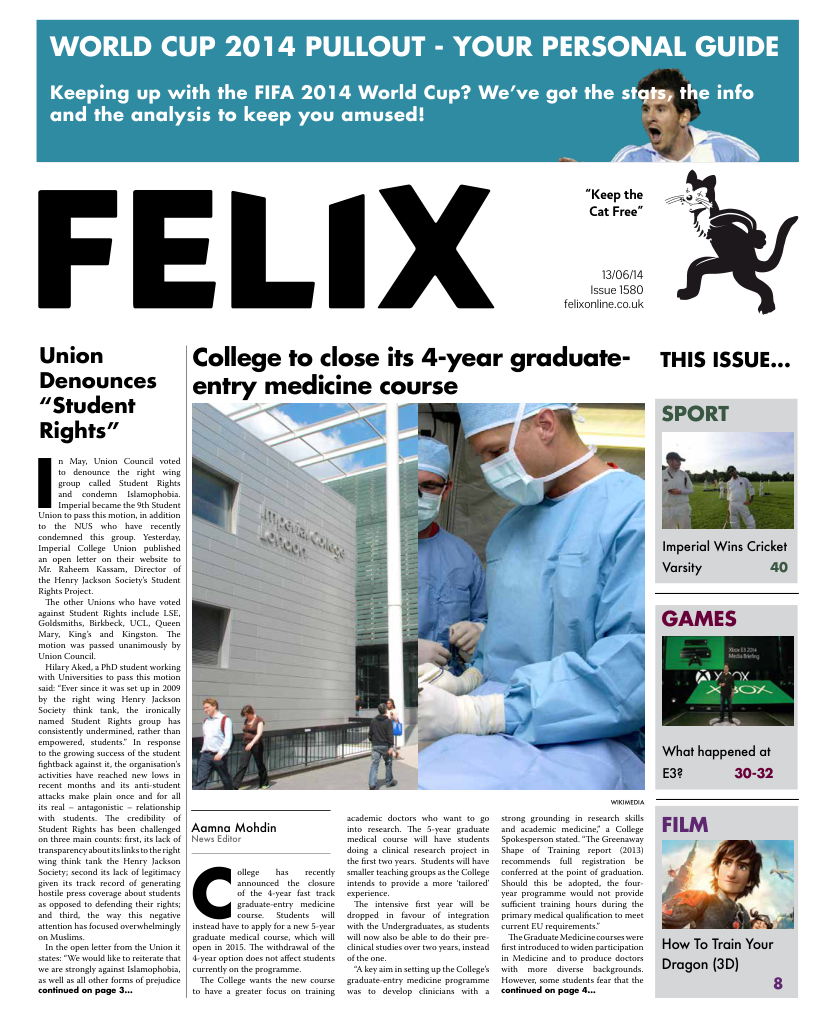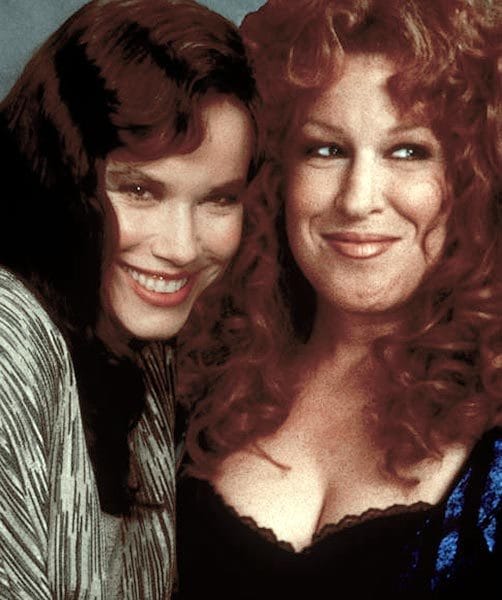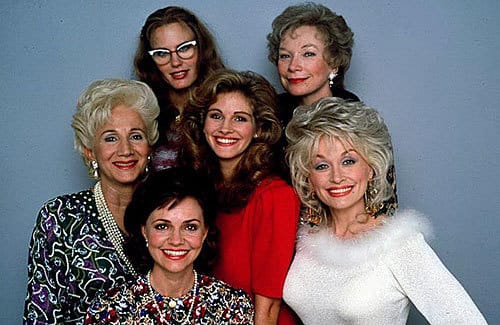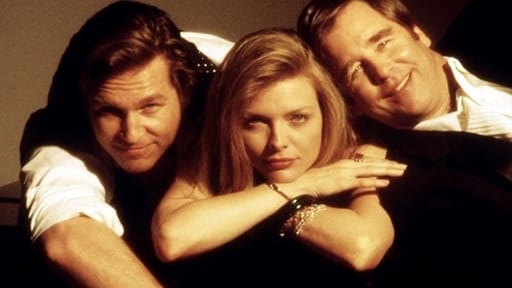Amazing Grace?
Destroyed critically, but is it really so bad?
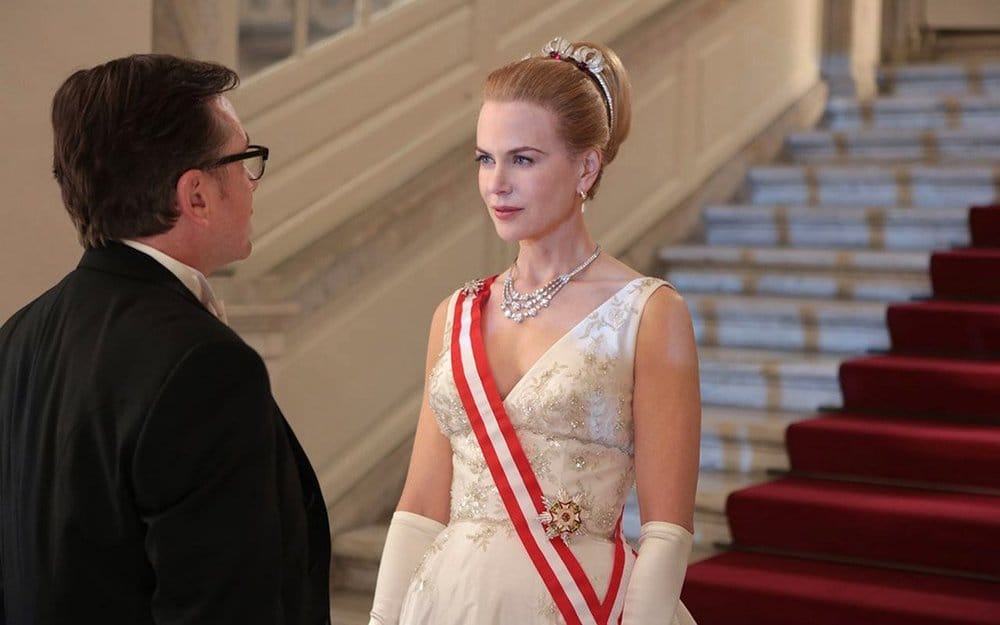
Grace of Monaco
Director: Olivier Dahan
Writers: Arash Amel
Starring: Nicole Kidman, Tim Roth, Frank Langella, Parker Posey, Derek Jacobi
Runtime: 103 minutes
Certification: PG
Rating: 3/5
The critically obliterated Cannes opening film of 2014 tells the story of how Grace Kelly (Nicole Kidman) prevented Monaco from getting taken over by France in the 1960s. How much of the story is actually based on truth is questionable, but it makes for quality entertainment towards the end of the film, when it finally decides to ditch pursuing the soapier aspect of its script. Olivier Dahan’s newest feature film plays out something like a fairytale, with events stitched together to look far too good to be the absolute truth, and over-simplified to accommodate the film’s one-way focus on its titular character; which is just as well, because the word “fairytale” pops up quite a lot: starting with Grace Kelly, the Hollywood actress marrying Prince Rainier (Tim Roth) of Monaco, the now sad, isolated woman spends a good chunk of the film’s running time feeling sorry for herself wondering what happened to what was supposed to be her fairytale life.
Unrelatable and unsympathetic may easily be the two immediate sentiments to feel about our lead’s predicament: she’s essentially traded in one life of royalty for another. What on earth does she have to complain about within the beautiful walls of her sumptuously decorated palace? But Dahan’s film reminds us that the glitz and glamour we see on the surface do not tell the whole story. Her marriage is a loveless one, and a tempting offer from Alfred Hitchcock makes a return to Hollywood all the more attractive, although the controversial part she’s been offered is not set to go down well with the citizens of Monaco, as they do not particularly want to see their princess as a kleptomaniac who gets raped by Sean Connery. Loneliness and isolation are portrayed well here, with Kidman left vulnerably alone in many of its highly-stylised frames (looking through small peaks, in between doors, as a reflection from a mirror). She finds no solace even when talking to her mother, one of many scenes in which Kidman shows off her knack for some heartbreaking, subtle crying.
It certainly takes a while to get used to seeing Nicole Kidman in such an iconic role. She’s a talented actress, arguably better than Grace Kelly ever was, but through absolutely no fault of Kidman’s, she simply looks absolutely nothing like the character she is portraying. The film may dress and accessorise her to try to fit the part, but such attempts do not even come close to delivering someone who vaguely gives off even the slightest vibe or hint about the Princess of Monaco.
That the cameras don’t always help her out even in the most important, dramatic moments would be an understatement. There are several scenes where the close-ups to Kidman’s face are so extreme that it becomes an overbearing, hysterical farce, something that completely distracts the audience from taking those moments at all seriously. There is one particular monstrosity of a scene that Kidman tearfully confides in her priest, Father Francis Tucker (Frank Langella). The camera zooms in so closely, following that tear stream coming out of her eyes, that we’re surprised and quite frankly, relieved the relentless camera equipment didn’t smack her in the forehead. Making things worse, is the confusing use of shaky-cam, that overused method we see in found-footage horror films. Yes, that technique somehow sneaks its way into a biopic.
It’s only when she snaps out of it and starts taking charge that the film’s tone and pace begin to improve, much like the mood of Her Royal Highness. In a well-utilised subplot, there is an attempt to overthrow Rainier, a plot strand that injects some welcome excitement into an otherwise incredibly dreary affair. Yet another something that threatens the peace and harmony of Monaco is President Charles de Gaulle of France who wants the tax-free state to be no more. There is a tense standoff between the two conflicted sides, with the audience forced to choose one greedy country over another, not exactly the most appealing of choices. But when the focus reverts back to how this affects Grace, most notably her relationship with her husband, the film seems to know where it wants to head.
How it goes about highlighting the important role Grace had in achieving peace is often laughably exaggerated. She goes on to an etiquette tutor (Derek Jacobi, in an odd but ultimately welcome comic relief moment) to learn about the ways of being a proper lady in Monaco. Then she proceeds to practically woo the press and the foreign heads of state for support. The speech she gives in the film’s closing is littered with awful, sugar-coated, cringe-worthy lines, but the overall message is a good one.
Under-utilised are good actors cast in shallow roles: Roth is constantly shrouded in smoke, puffing away on cigars, looking cold, distant and upset, Parker Posey is an uptight, almost spy-like lady-in-waiting, and Frank Langella offers some wise words with his deep, soothing voice, acting as a fleeting father-figure to Grace, popping up whenever Grace needs a shoulder to cry on, whilst not contributing much to the actual plot.
For what it’s worth, _Grace of Monaco _is a better film than its harsh reception at Cannes would have to believe. The same way _Diana _did not quite deserve the press-hounding it got. It’s a well-intentioned romp, one that possibly aimed too high along the way.

